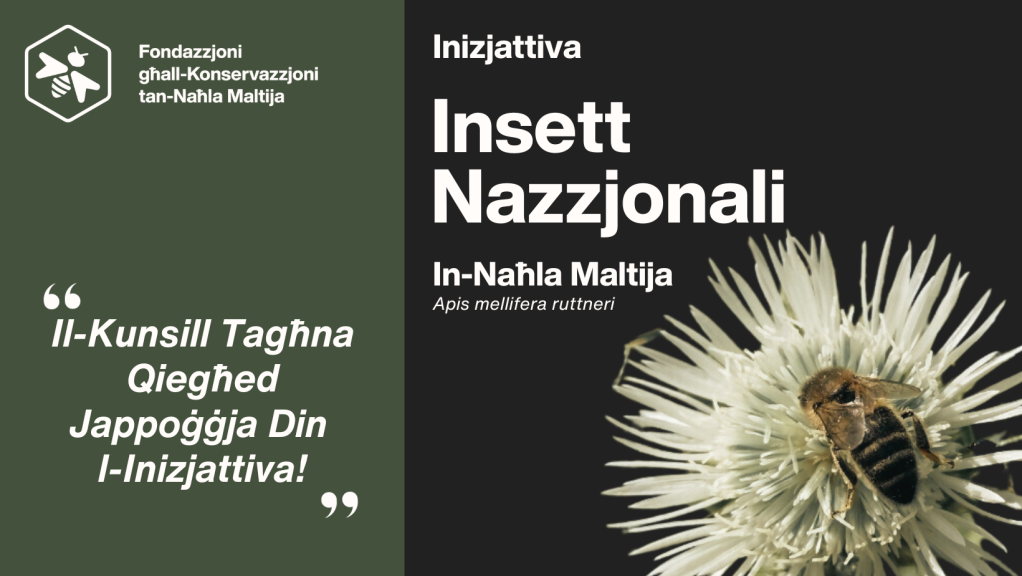
Since May 2023, the Foundation has been diligently rallying support from local and regional councils, politicians, academics, and organisations to endorse the initiative of declaring the Maltese Honey Bee (Apis mellifera ruttneri) as the National Insect of Malta. This initiative is deeply embedded in the Foundation’s ethos of safeguarding and conserving the living natural heritage of these islands, for the greater good. As of February 2024, 61% of local and regional councils (45 out of 74) have formally endorsed this commendable initiative. The following are statements of endorsements received from distinguished individuals and notable organisations.
“In-Naħla Maltija hija sottospeċi endemika għall-gżejjer Maltin b’ karatteristiċi li huma uniċi u ta’ valur imprezzabbli. L-importanza tagħha fuq diversi livelli hija sostanzjali. Bħala Lettur u Professur fl-Università ta’ Malta, ilni numru ta’ snin involuta fir-riċerka rigward il-konservazzjoni tan-Naħla Maltija. Riċerka riċenti tindika li l-istat tan-Naħla Maltija huwa f’riskju t’estinzjoni, ewlieni fost il-fatturi li qed jikkawżaw dan ikun it-taħlit ma’ naħal tal-għasel importat. Jiena favur l-inizjattiva tal-Fondazzjoni għall-Konservazzjoni tan-Naħla Maltija li din in-naħla tirċievi rikonoxximent bħala l-Insett Nazzjonali, u għaldaqstant jiżdied aktar l-għarfien dwarha bit-tama li jittieħdu passi konkreti lejn il-ħarsien ħolistiku tagħha.”
Prof. Marion Zammit-Mangion, Riċerkatur u Akkademiku fl-Università ta’ Malta
“The native Maltese honey bees deserve conservation because of their unique behavioural traits, including adaptation to the local climate. Together with my colleagues, I have created a computer programme for the identification of Maltese bees using wing measurements. I hope it will help preserve the native bees of Malta. Declaring the Maltese bee a National Insect would be an important step in protecting this endemic subspecies. Such a step would raise awareness about the need to protect its genetic resources, encourage the general public to consume honey from native bees, and finally provide beekeepers with incentives to work with Maltese bees.”
Prof. Adam Tofilski, Researcher & Academic at the University of Agriculture in Krakow
“In-Naħla Maltija ma ssibha mkien aktar fid-dinja, però huwa fatt sfortunat li l-popolazzjoni tagħha qegħda fil-periklu. Minkejja l-isfidi, ma jonqosx ix-xogħol siewi li jagħmlu n-naħħala biex jikkonservaw l-ispeċi tan-naħla endemika tagħna. Irridu naħdmu aktar flimkien u nħaddnu x-xjenza pruvata filwaqt li nedukaw dak li qiegħed jiġi rakkomandat. Għaldaqstant bi pjaċir nappoġġja din l-inizjattiva sabiex tkun tista’ tiġi indirizzata l-konservazzjoni tan-Naħla Maltija.”
Onor. Dr. Alicia Bugeja Said, Segretarju Parlamentari għas-Sajd, l-Akwakultura u d-Drittijiet tal-Annimali
“We support legal protection for Apis mellifera ruttneri. It should be conserved and recognised as the Maltese National Insect because it is endemic to the Maltese islands, evolved to suit that environment and climate. Like all local honey bees throughout Europe, it is a unique genetic resource that deserves respect and protection, and from sustainable apiculture, pollination services, biodiversity and cultural aspects, it is of National Importance.”
Loretta Neary, Chairperson, NIHBS – The Native Irish Honey Bee Society
“Environmental protection has increasingly become of concern in recent years. The protection of the endemic Maltese honey bee through designating it as Malta’s national insect is one facet of this development. This designation would serve not just the bee itself, but the apiculture industry of which Malta is so proud. It also means better protection of creatures intrinsically tied to the bee’s existence, such as wildflowers. This would naturally have a ripple effect to beneficially affect other components of Malta’s biodiversity.”
David Chetcuti Dimech, Legal Researcher
“One important global challenge is to recreate a non-polluted environment with a rich, native biodiversity. Today, >28% of all species on Earth are threatened from extinction, including insects, which are pivotal for the global food production and other ecosystem services. Consequently, native honey bees will play a key role for future, sustainable honey bee management. SICAMM, which has promoted the conservation of the dark honey bee in Europe since 3 decades, supports the Maltese holistic endeavour to protect the endemic honey bee subspecies Apis mellifera ruttneri.”
SICAMM, Societas Internationalis pro Conservatione Apis Melliferae Mellifera
“I am very supportive of all the efforts made by Maltese beekeepers to preserve the local bee, Apis mellifera ruttneri. Local bees represent a great natural wealth that must not be lost, as local bees are best adapted to local weather and pastures conditions. In Slovenia, we are also protecting our native Apis mellifera carnica and although we face many challenges, we are happy that so far our work is succeeding.”
Dr. Peter Kozmus, Slovenia Beekeepers Association Professional Manager of the Breeding Program for the Carniolan Bee in Slovenia
“Beyond its significance as a pollinator to our ecosystems, the honey bee symbolises our commitment to biodiversity and the environment. Let us cherish and protect this invaluable insect, recognising its vital role in sustaining life on our planet.”
Hon. Dr. Miriam Dalli, Minister for the Environment, Energy and Regeneration of the Grand Harbour
“In-Naħla endemika Maltija hi parti mill-bijodiversità rikka tal-gżejjer Maltin. Hija wkoll importantissima għall-apikultura f’pajjiżna. Jien nappoġġa din l-inizjattiva għax permezz tal-elevazzjoni tan-Naħla Maltija għall-istatus ta’ Insett Nazzjonali, jiżdied l-għarfien dwar is-servizzi ekoloġiċi u prodotti li ttina, u tissaħħaħ l-aġenda nazzjonali għall-protezzjoni ta’ aktar flora, fawna u abitati naturali. Dan il-pass, jappoġġa wkoll miżuri lejn apikultura sostenibbli, pedament important tal-ġestjoni ambjentali f’pajjiżna.”
Prof. Sandro Lanfranco, Professur u Kap tad-Dipartiment tal-Bijoloġija fl-Università ta’ Malta
“Bħal ħafna gżejjer, Malta għandha ħlejjaq li jinstabu fuqa biss. Fosthom hemm ir-razza Maltija tan-naħla tal-għasel: Apis mellifera ruttneri. Barra mill-preġju xjentifiku u kulturali tagħha, din in-naħla għandha siwi ekonomiku qawwi. Għalhekk nappoġġja bis-sħiħ kull sforz biex din ir-razza tiġi imħarsa.”
Prof. Patrick J. Schembri, Professur tal-Bijoloġija fl-Universita’ ta’ Malta
“The proposal to designate the Maltese honey bee (Apis mellifera ruttneri) as a national species is a significant and timely initiative. This bee, uniquely adapted to Malta’s climate, plays a crucial role as a pollinator during the summer months, supporting crop growth and, by extension, our local ecosystem. Beyond its role in pollination, the Maltese honey bee is central to producing valuable products like honey, propolis, royal jelly, and beeswax, which in turn bolster local apiculture businesses. Pollinators are vital for the sustenance of our agricultural systems, yet their numbers are falling at an alarming rate. Recognising the Maltese honey bee as a national species is a proactive step towards reversing this trend. It would not only enhance conservation efforts but also elevate the bee as a flagship species, raising public awareness about the importance of pollinators and the need for strong protective measures. Granting the Maltese honey bee national species status will also spur international interest, increasing funding for research and conservation efforts. The National Species Status of the Maltese Honey Bee is also a matter of national pride. Such an endemic and rare species should be treated in the highest regard and respect, and the relevant regulations should also reflect this. ESA strongly advocates for the swift adoption of these changes, highlighting the high social and scientific significance of the Maltese honey bee. This initiative is not just about preserving a species; it’s about safeguarding our agricultural heritage and ensuring the sustainability of our natural ecosystems.”
Earth Systems Association


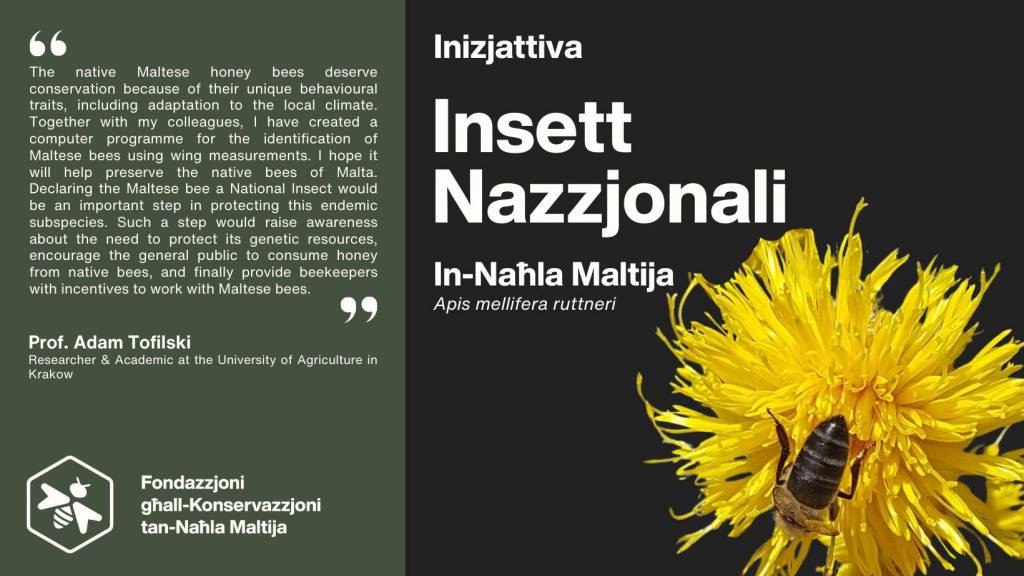
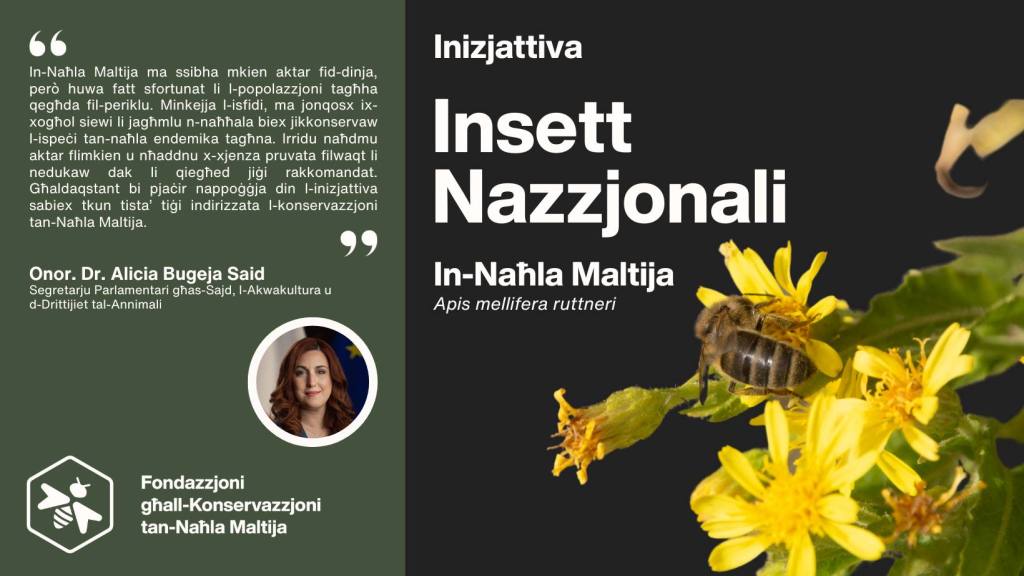
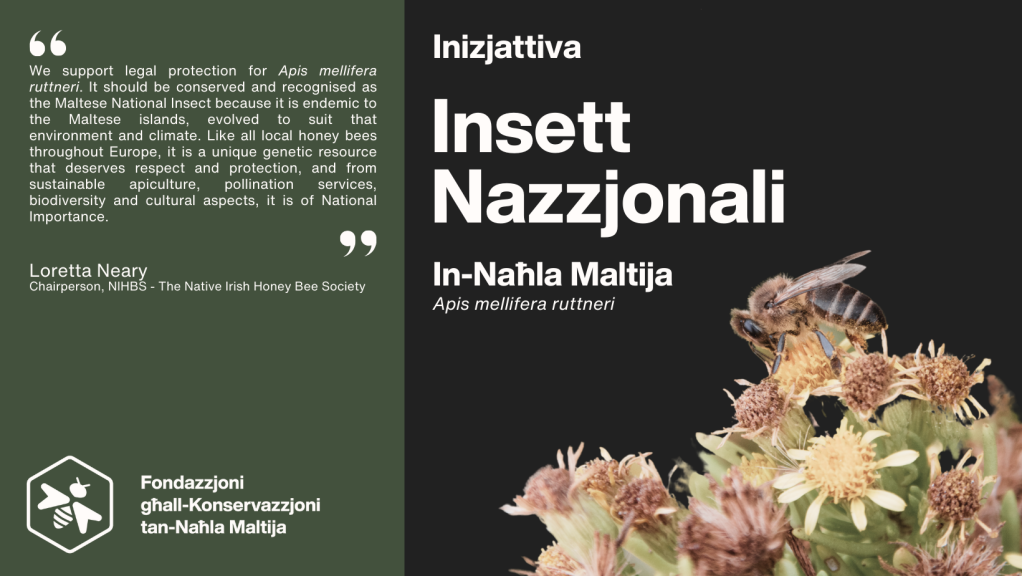
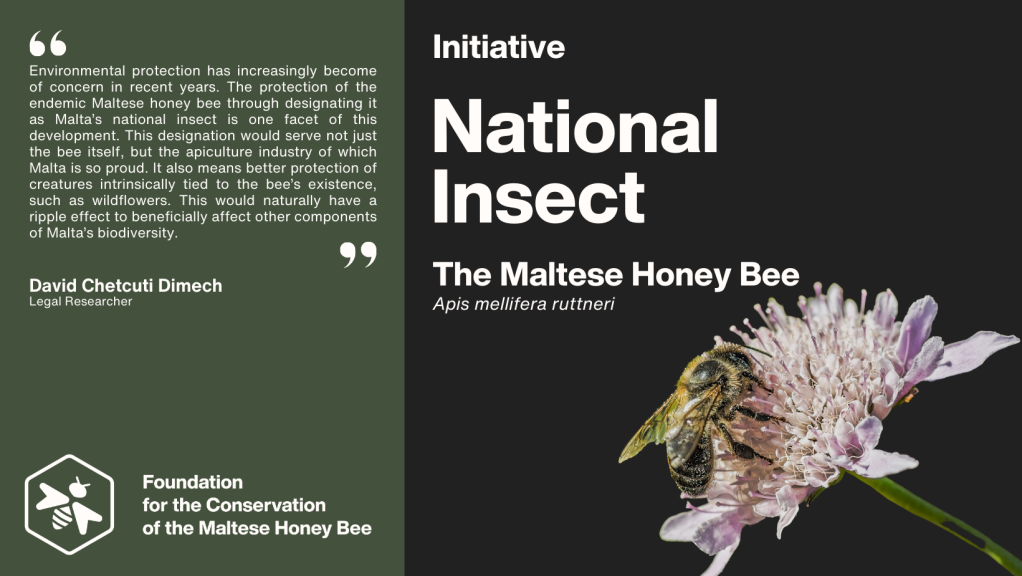
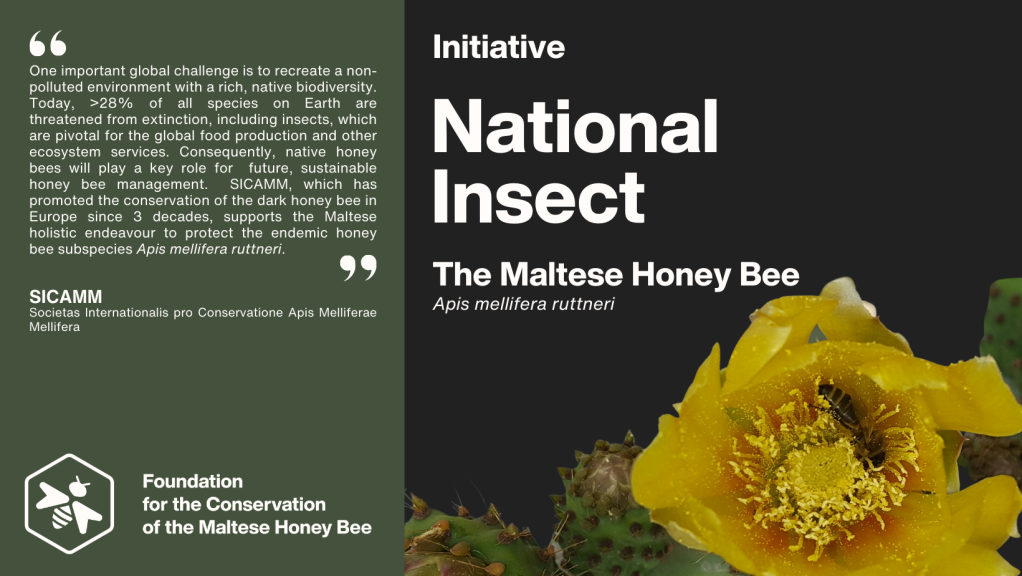
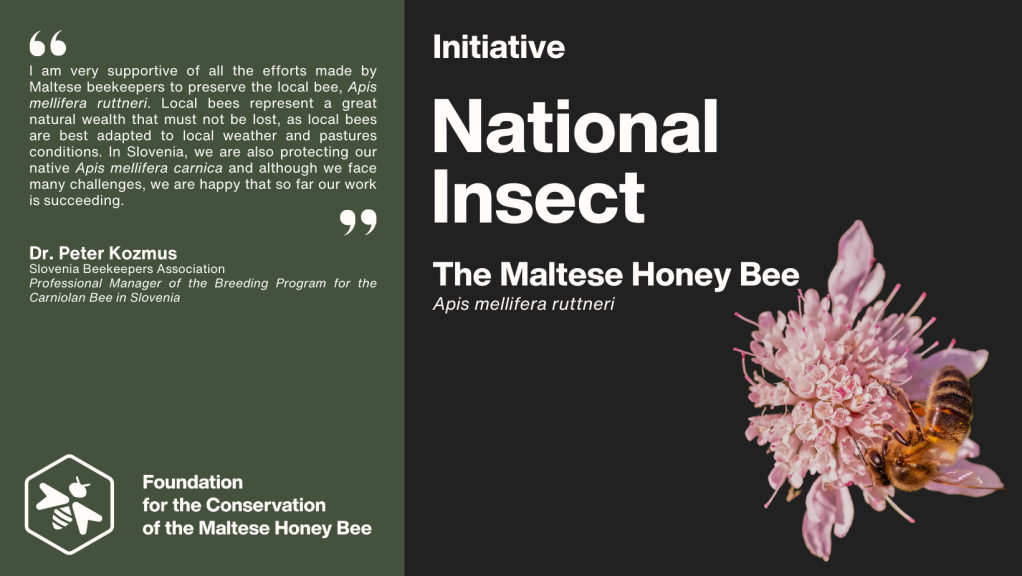







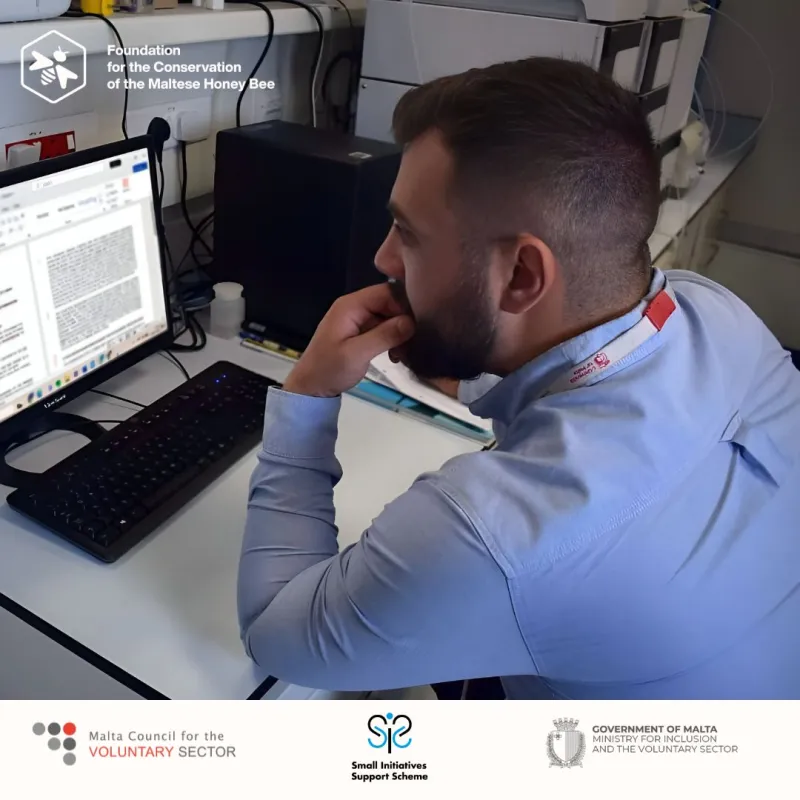
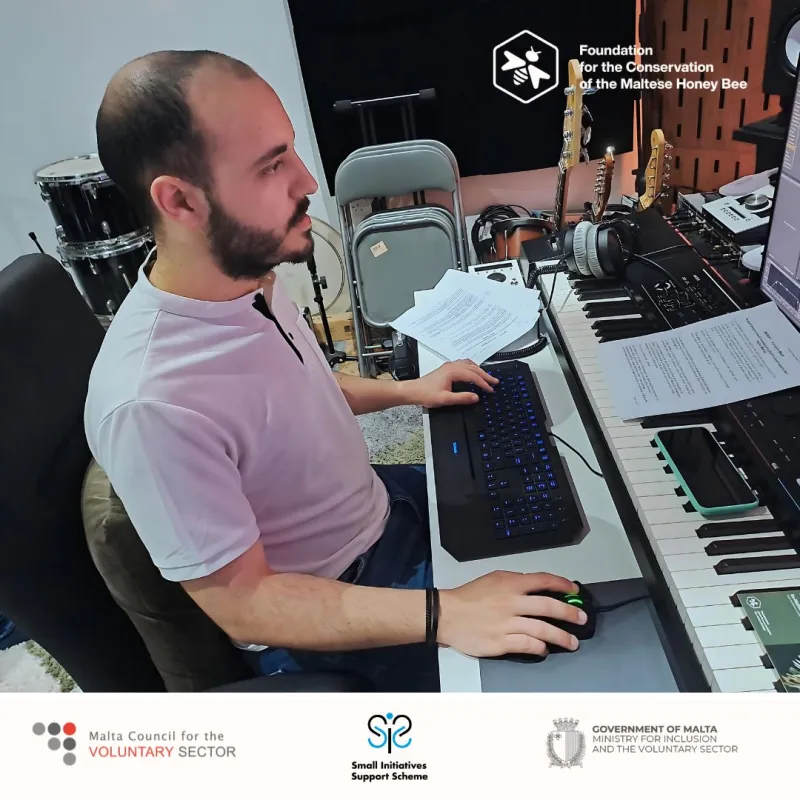
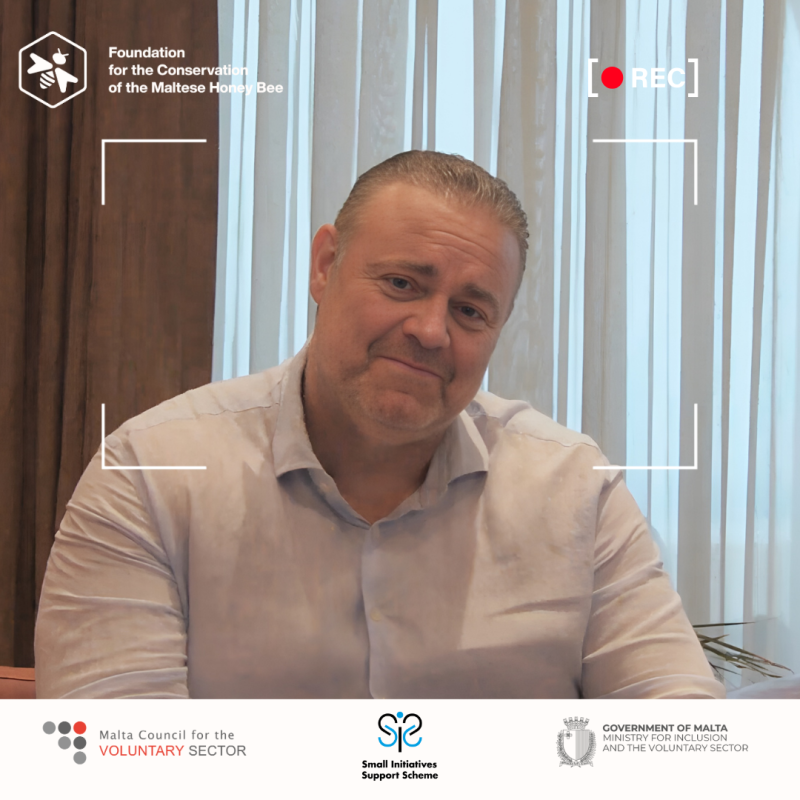
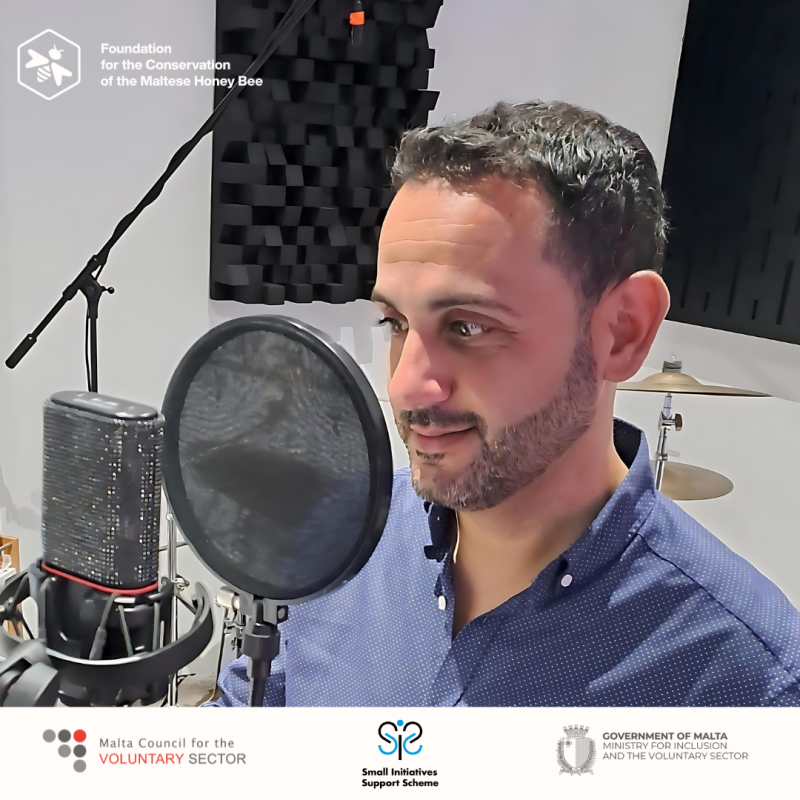
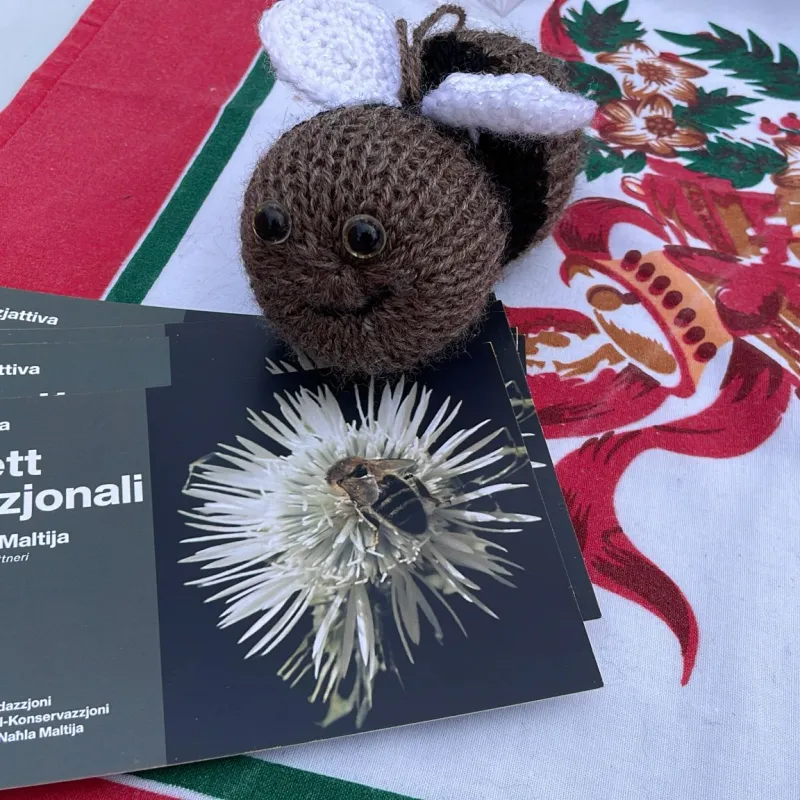
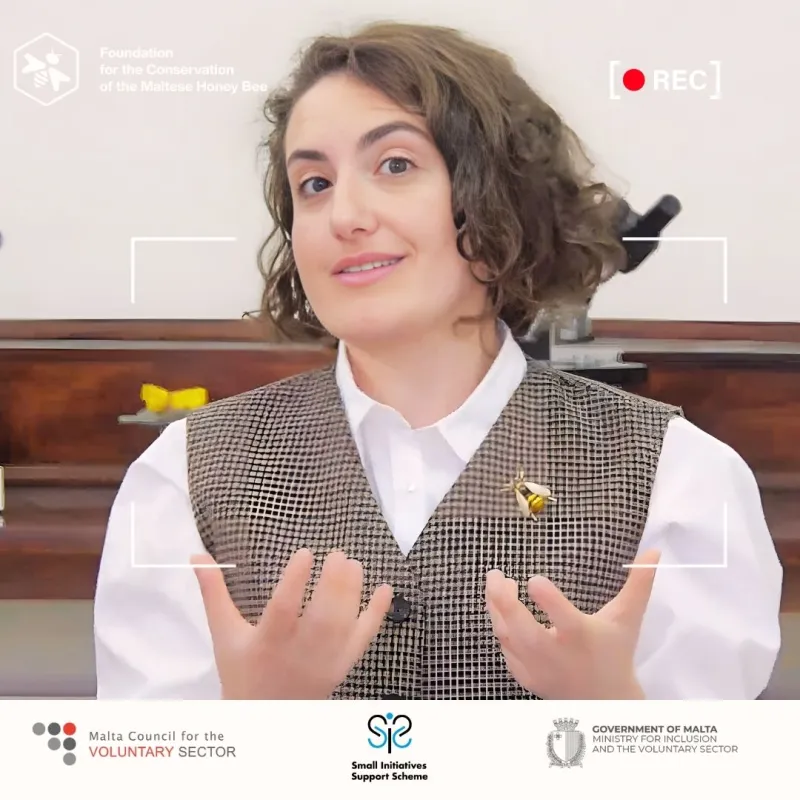
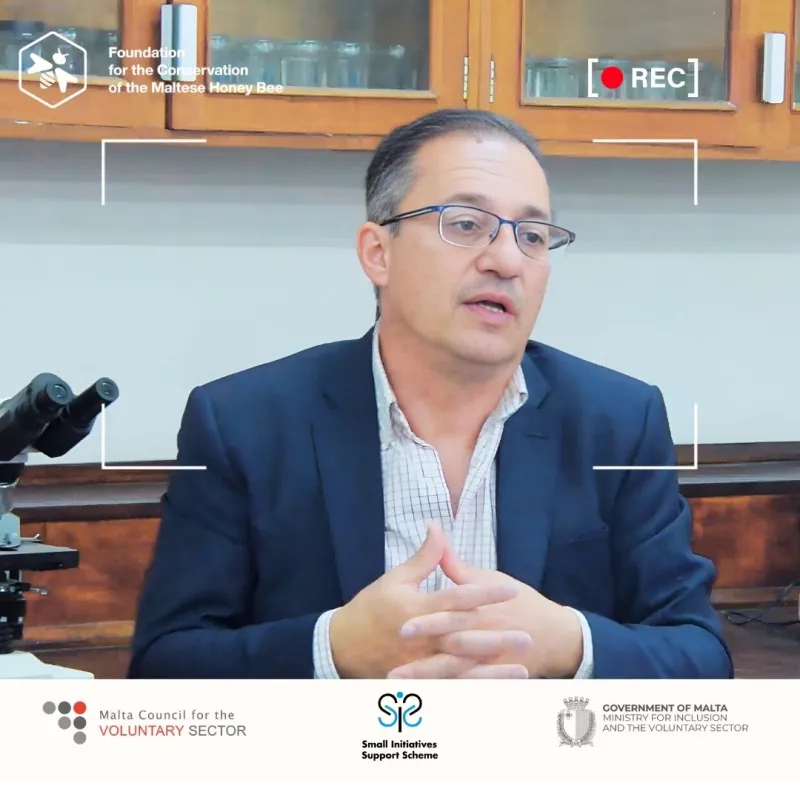
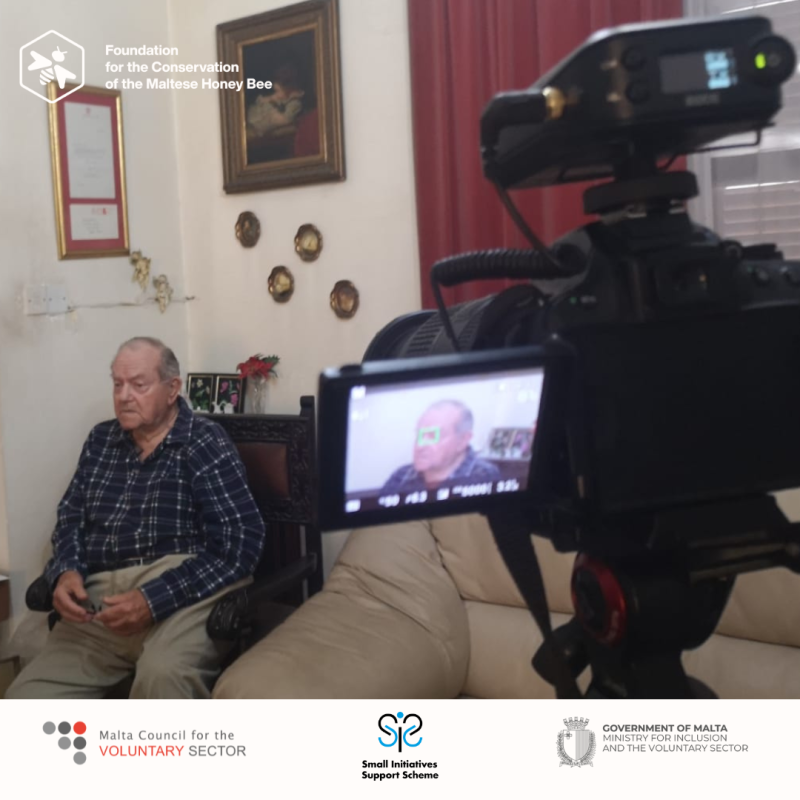
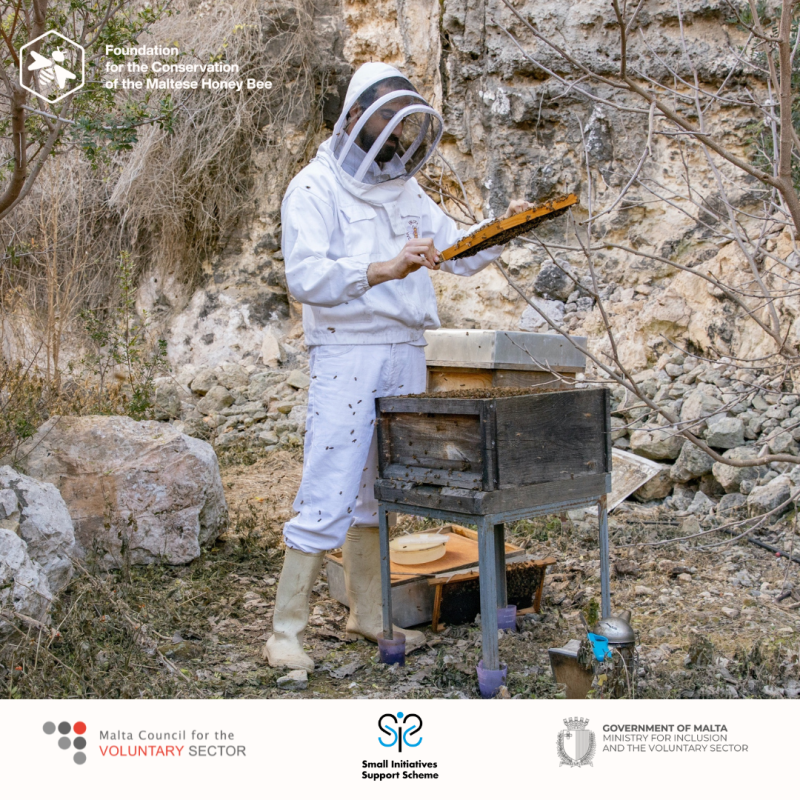
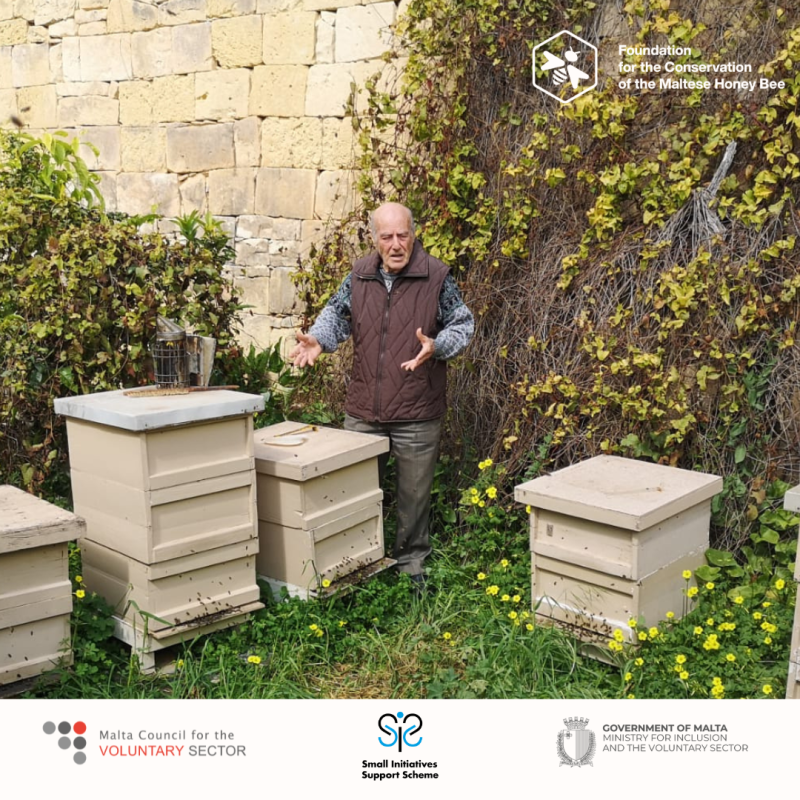
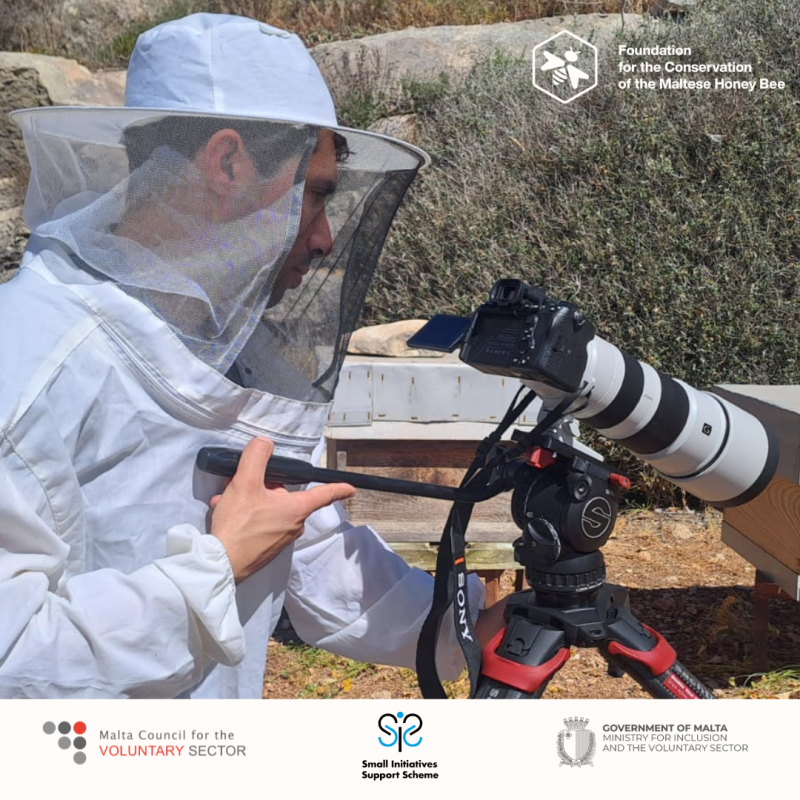
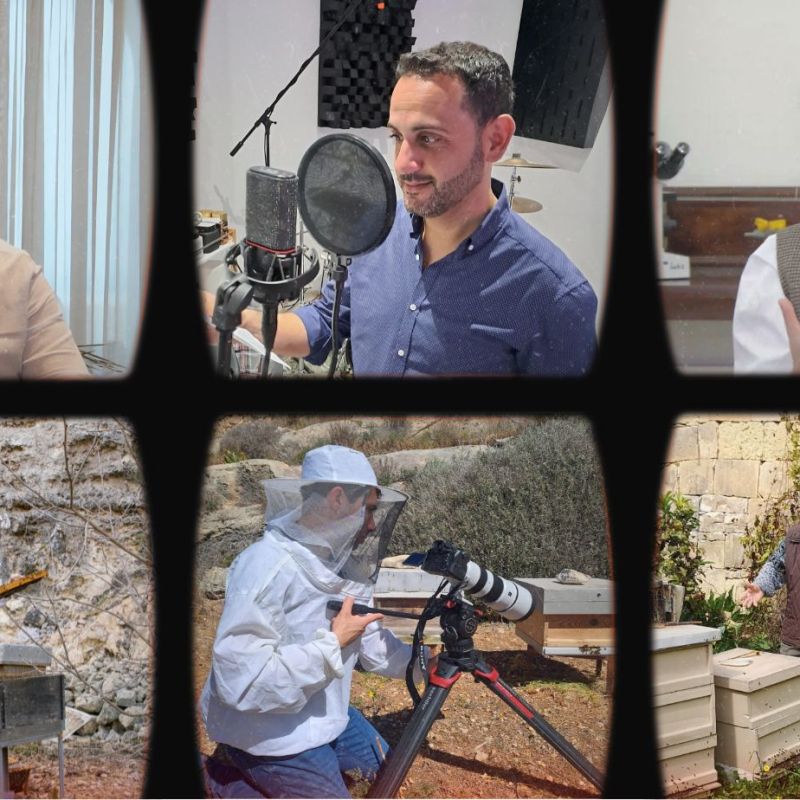
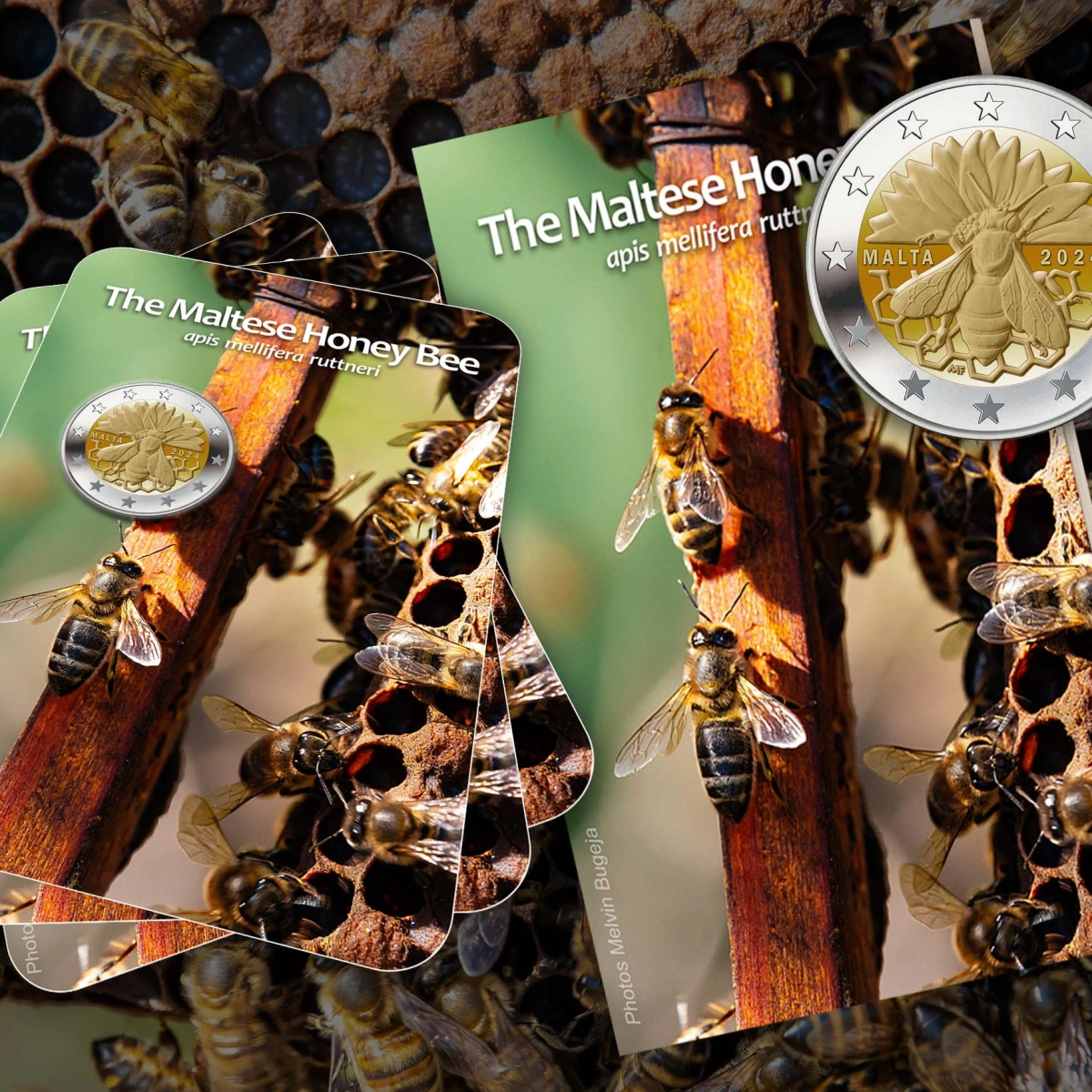
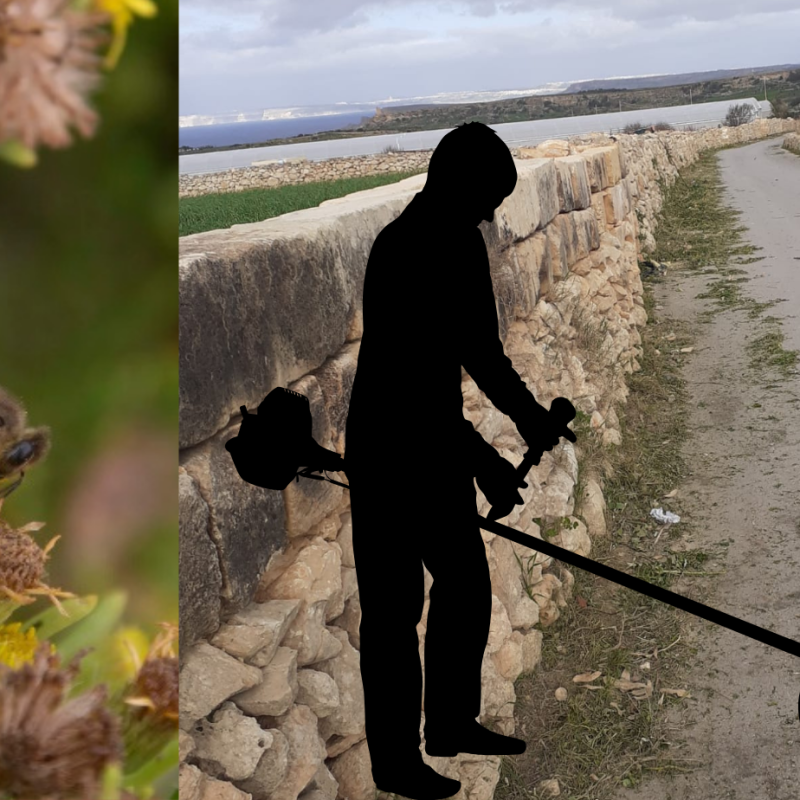
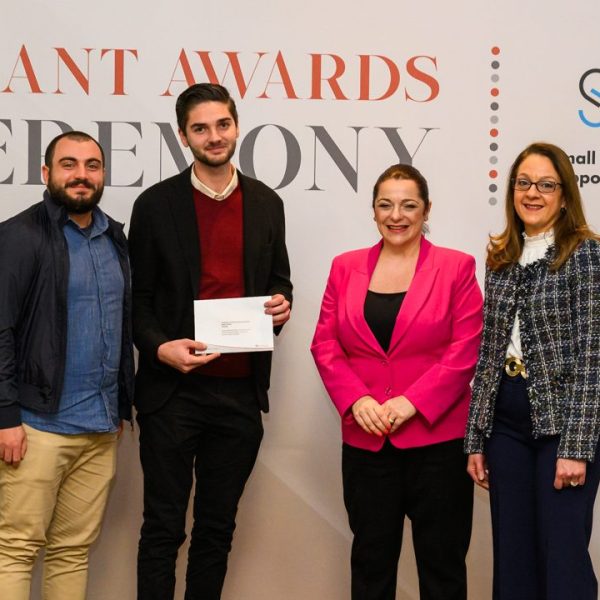
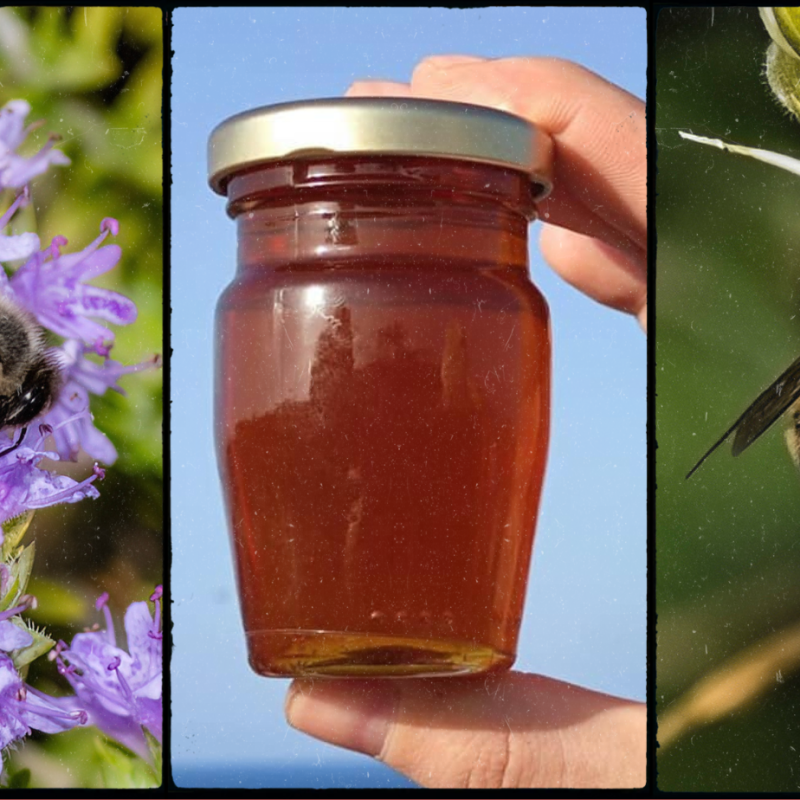
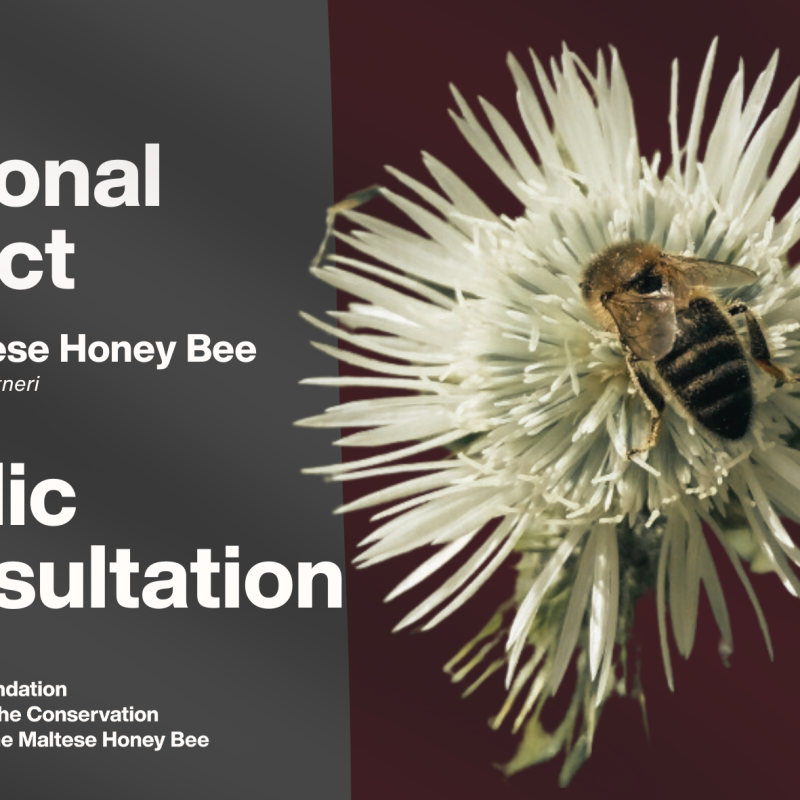
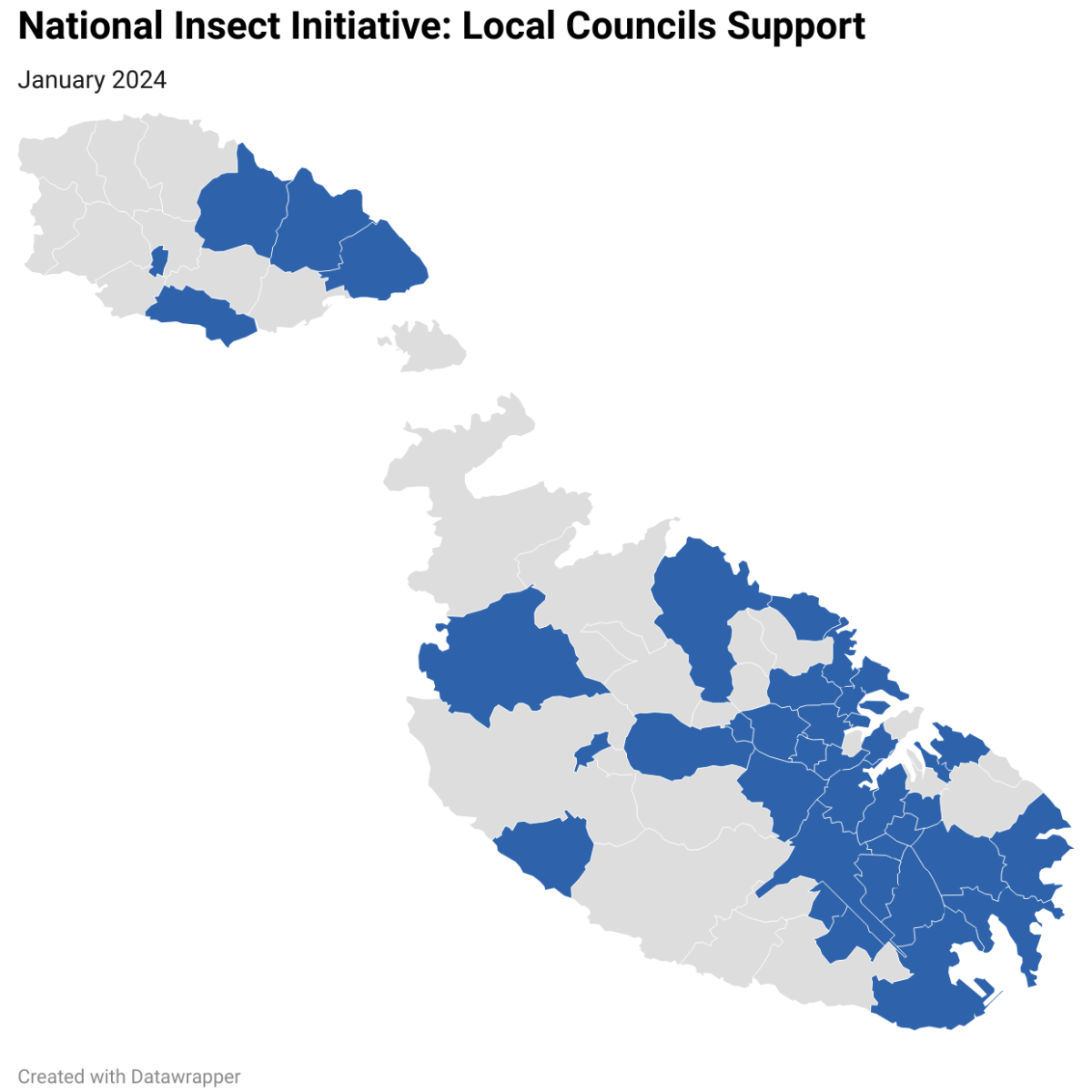
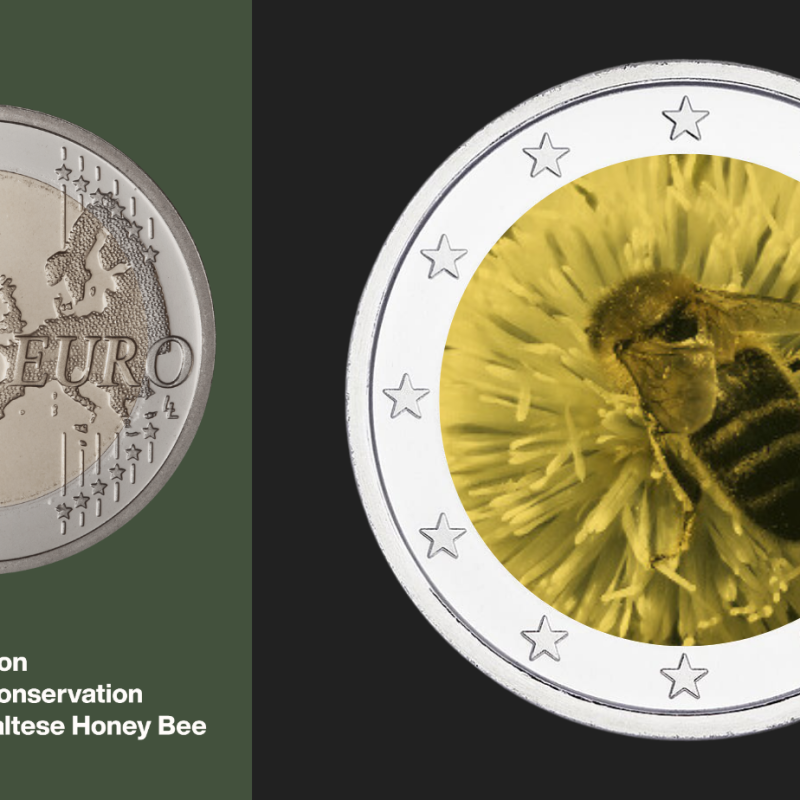
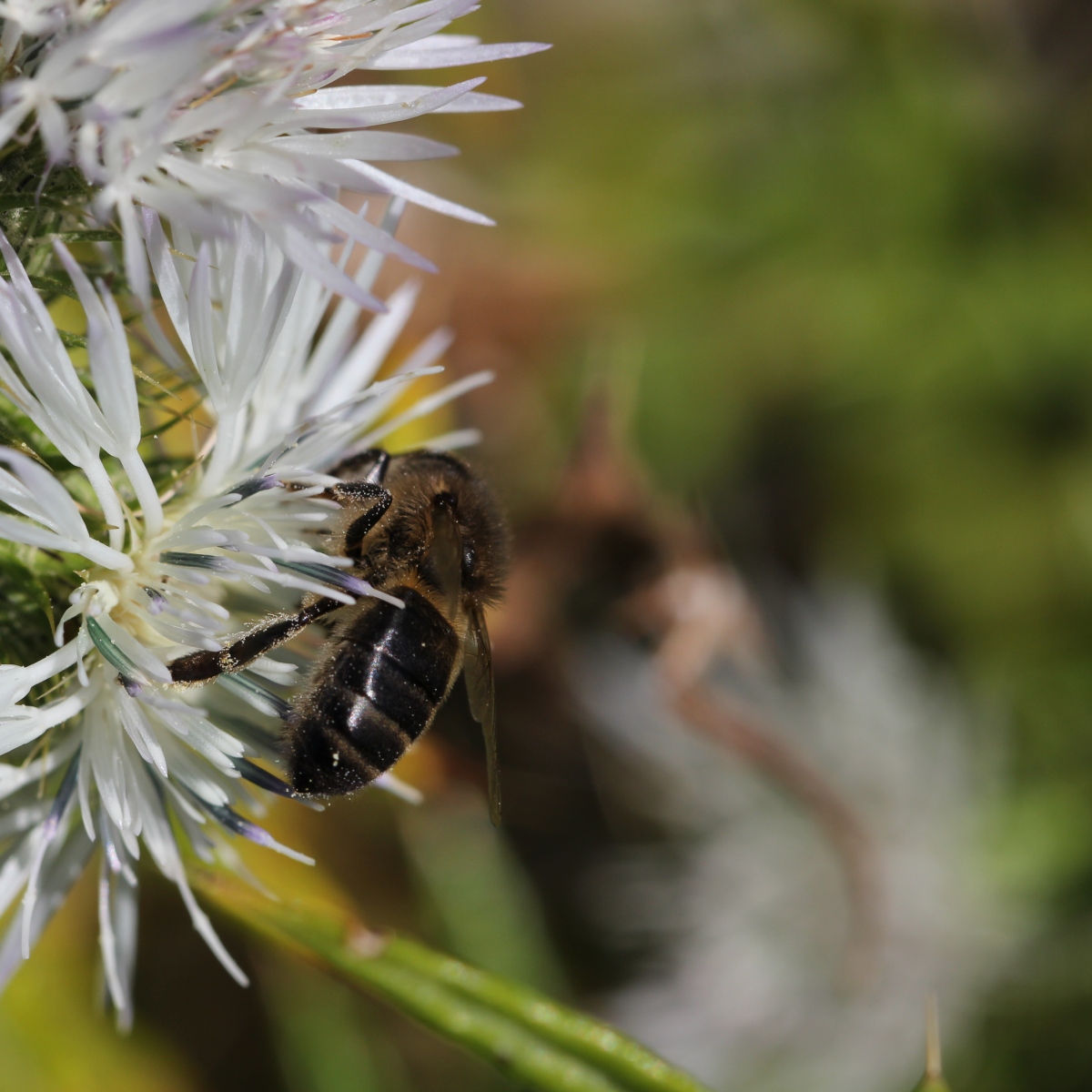
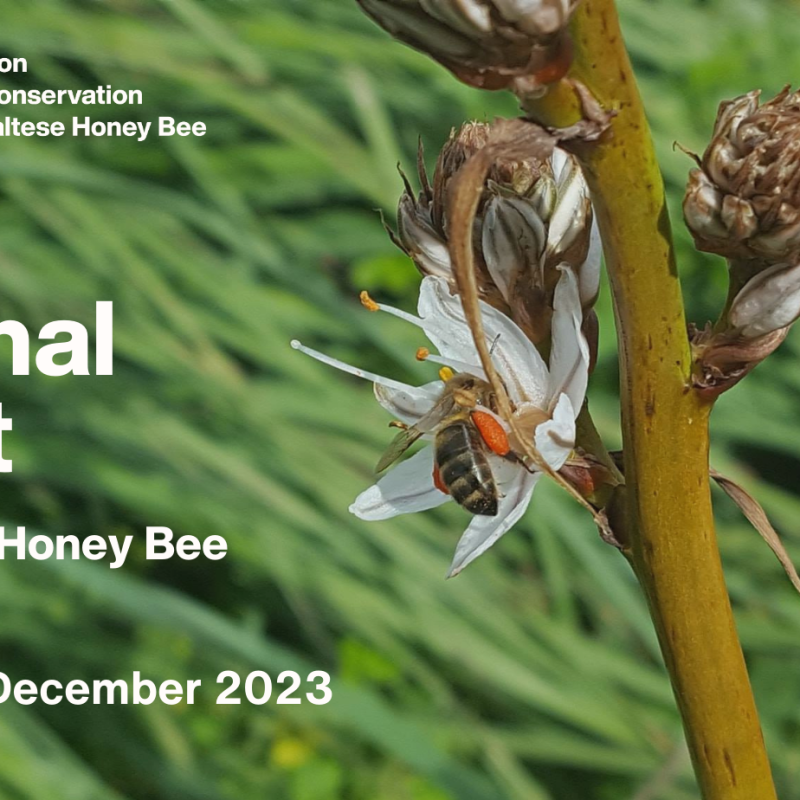
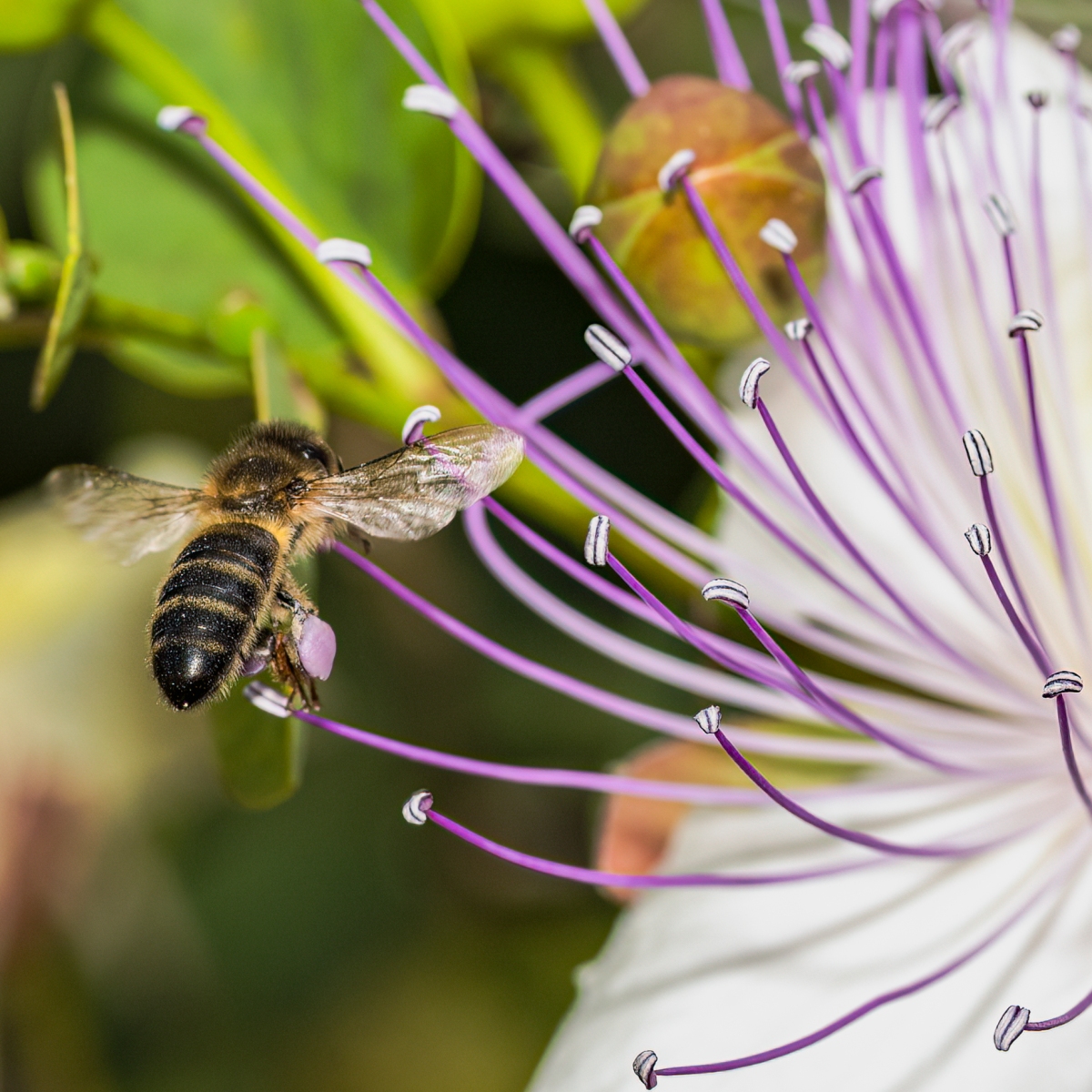
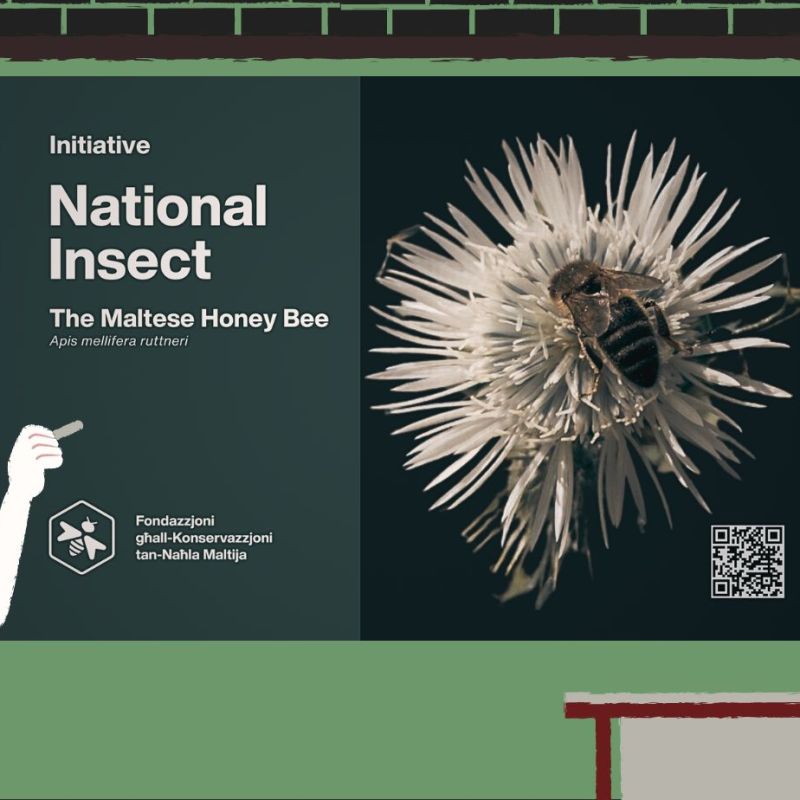
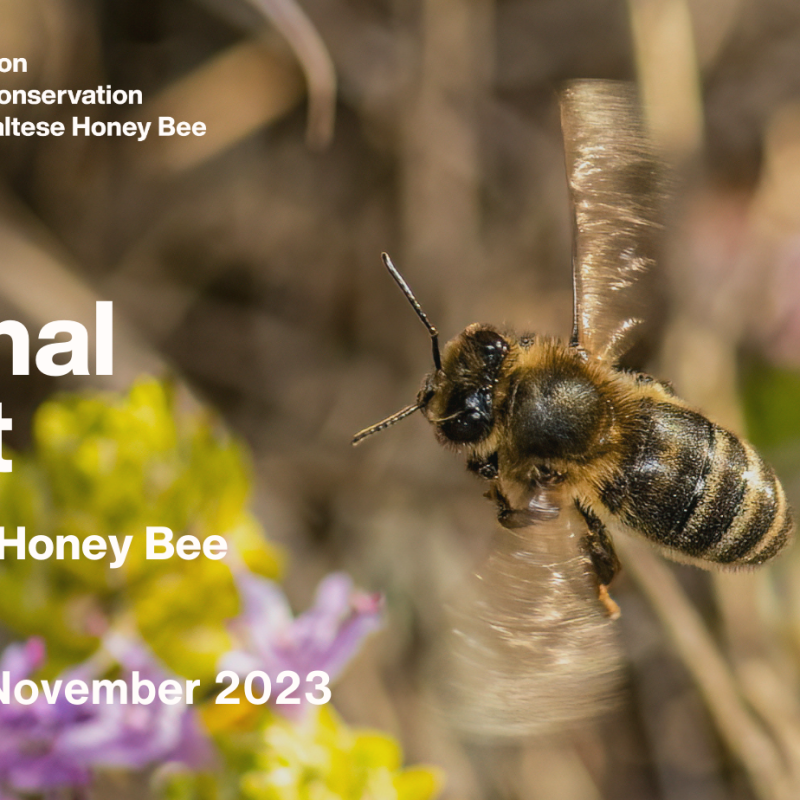
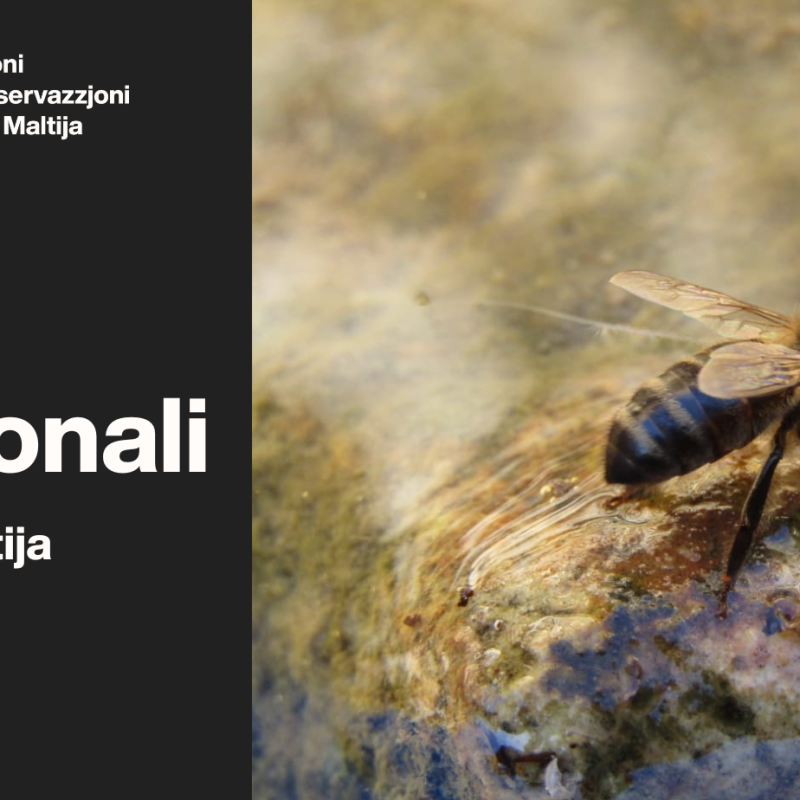

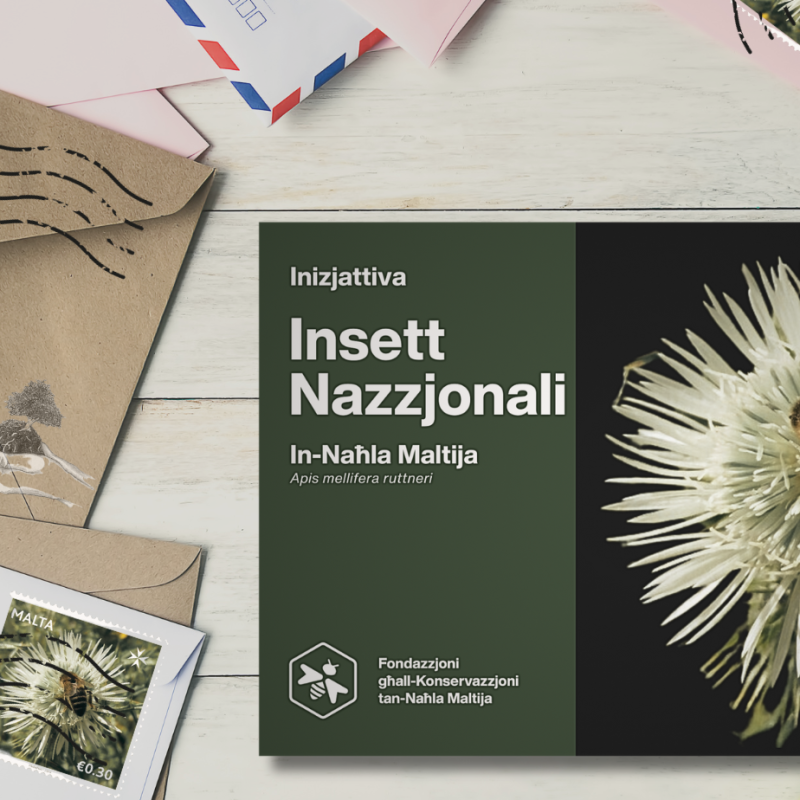
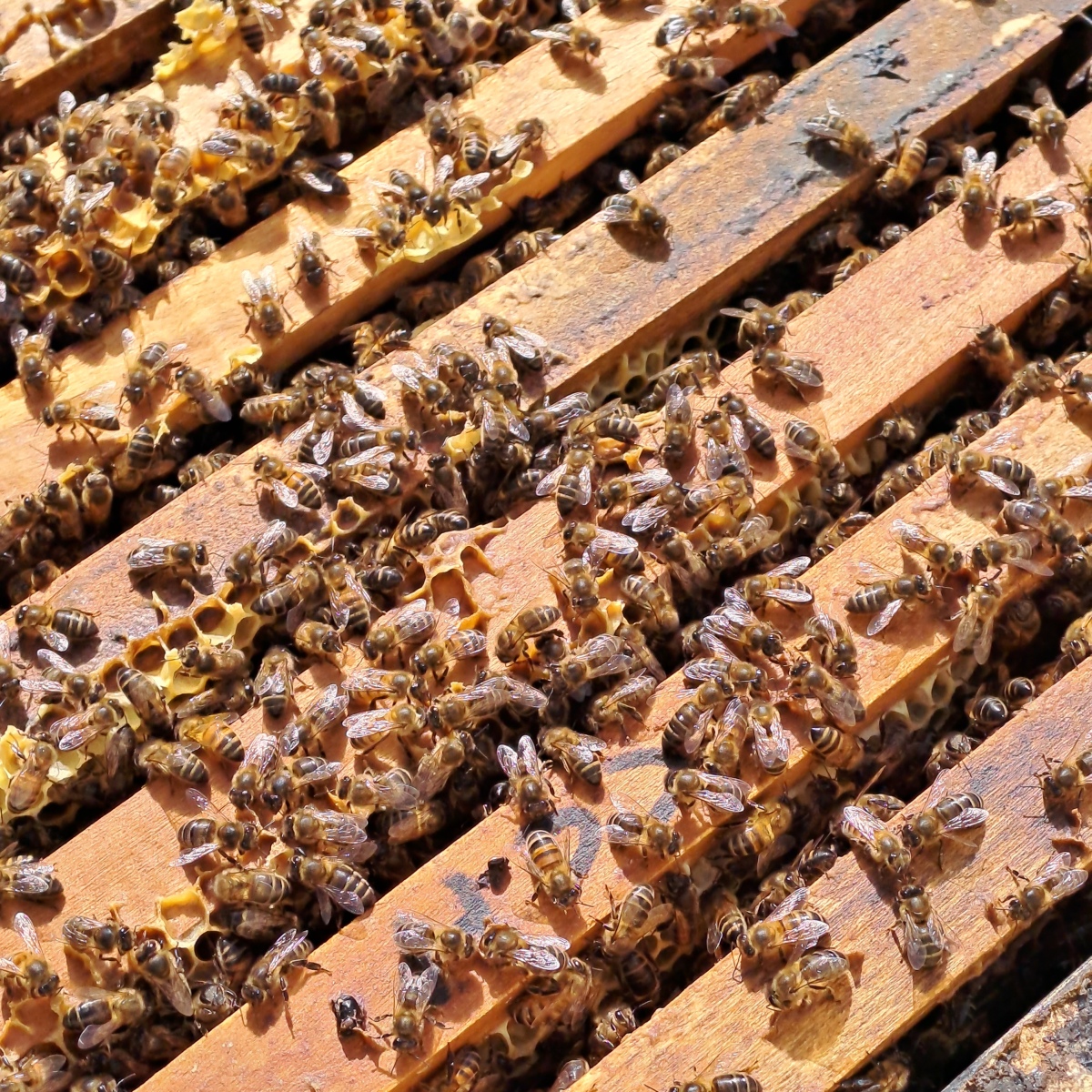
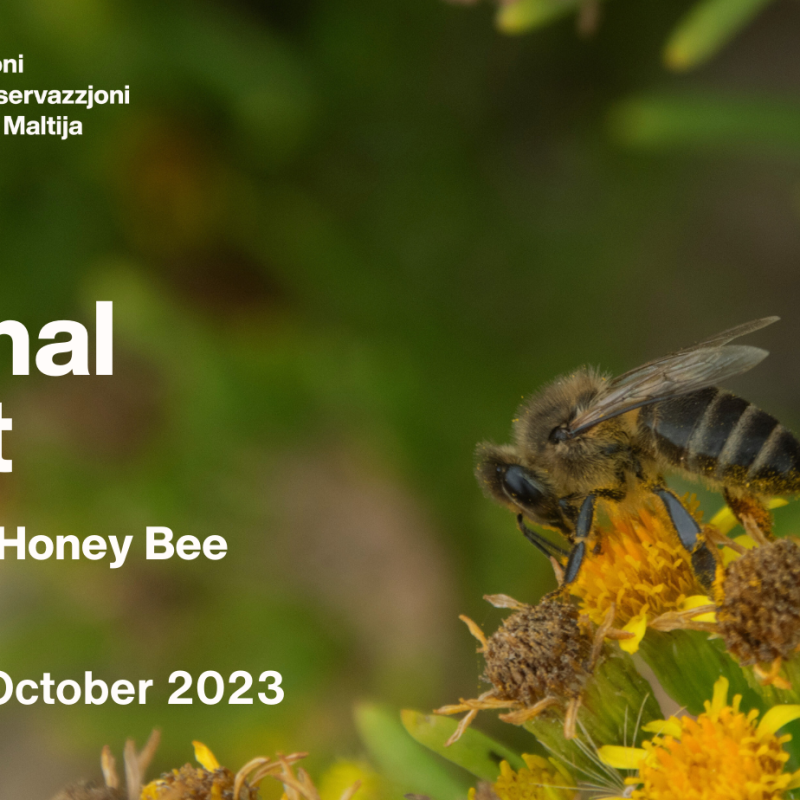
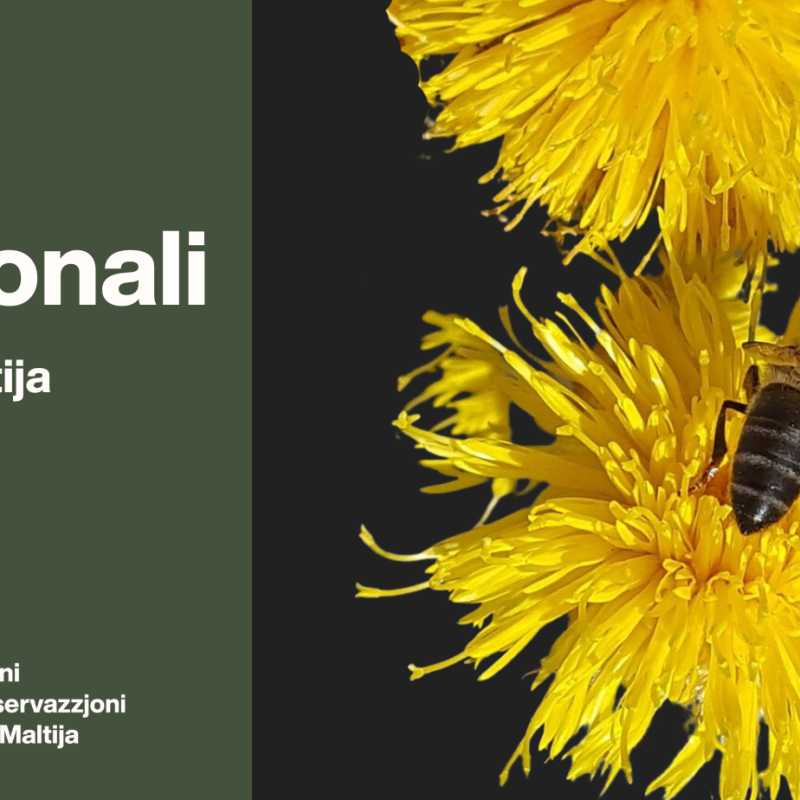
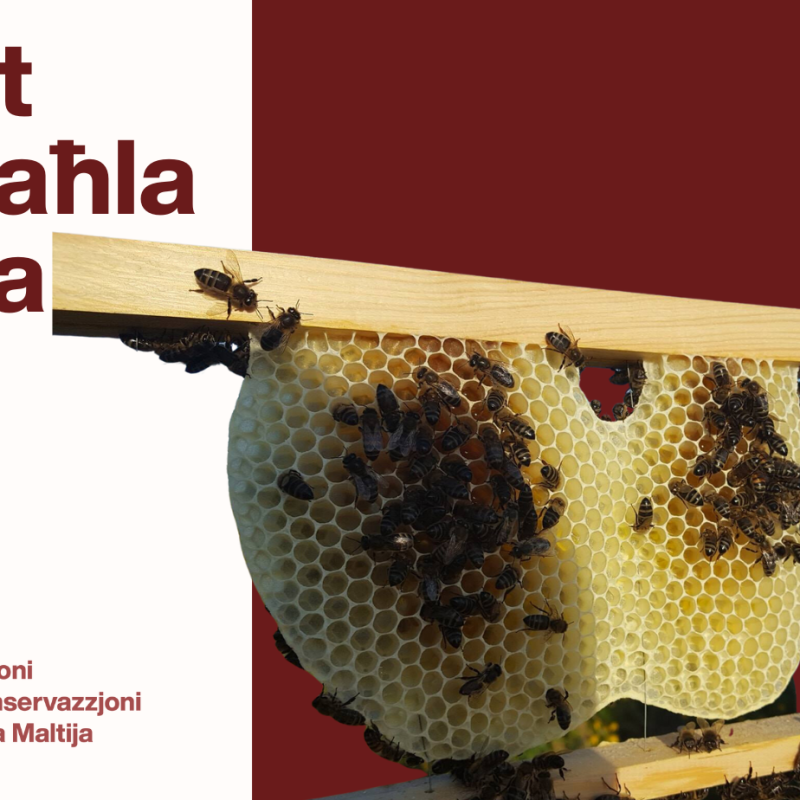
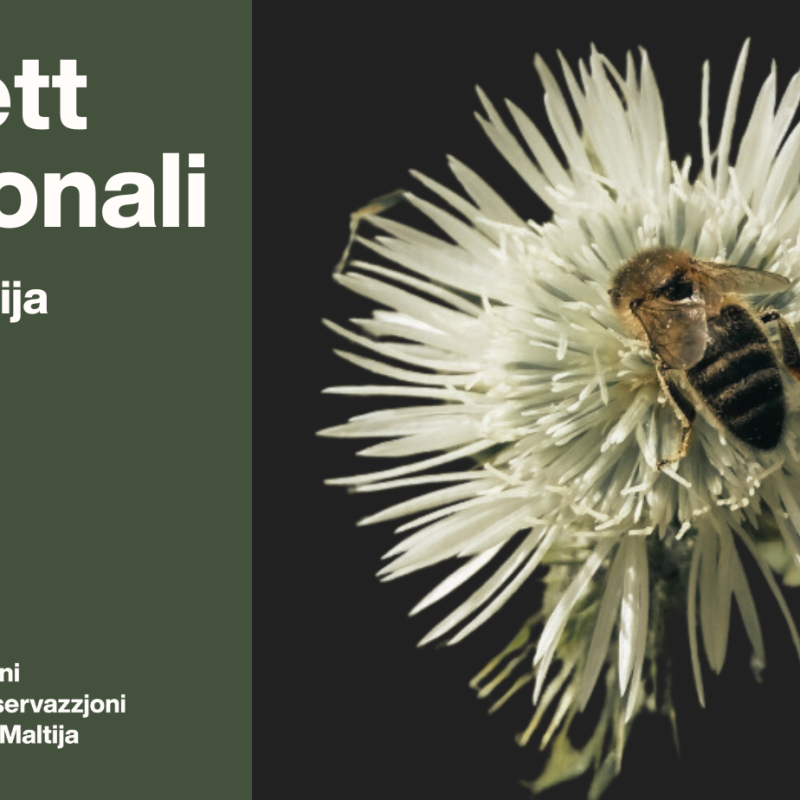
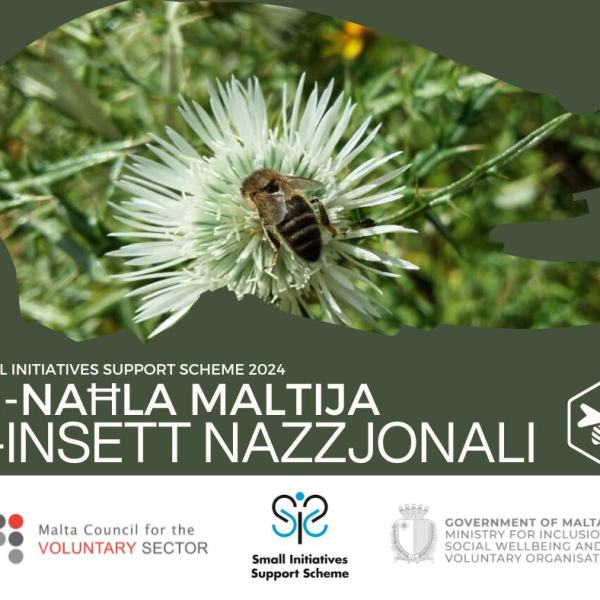
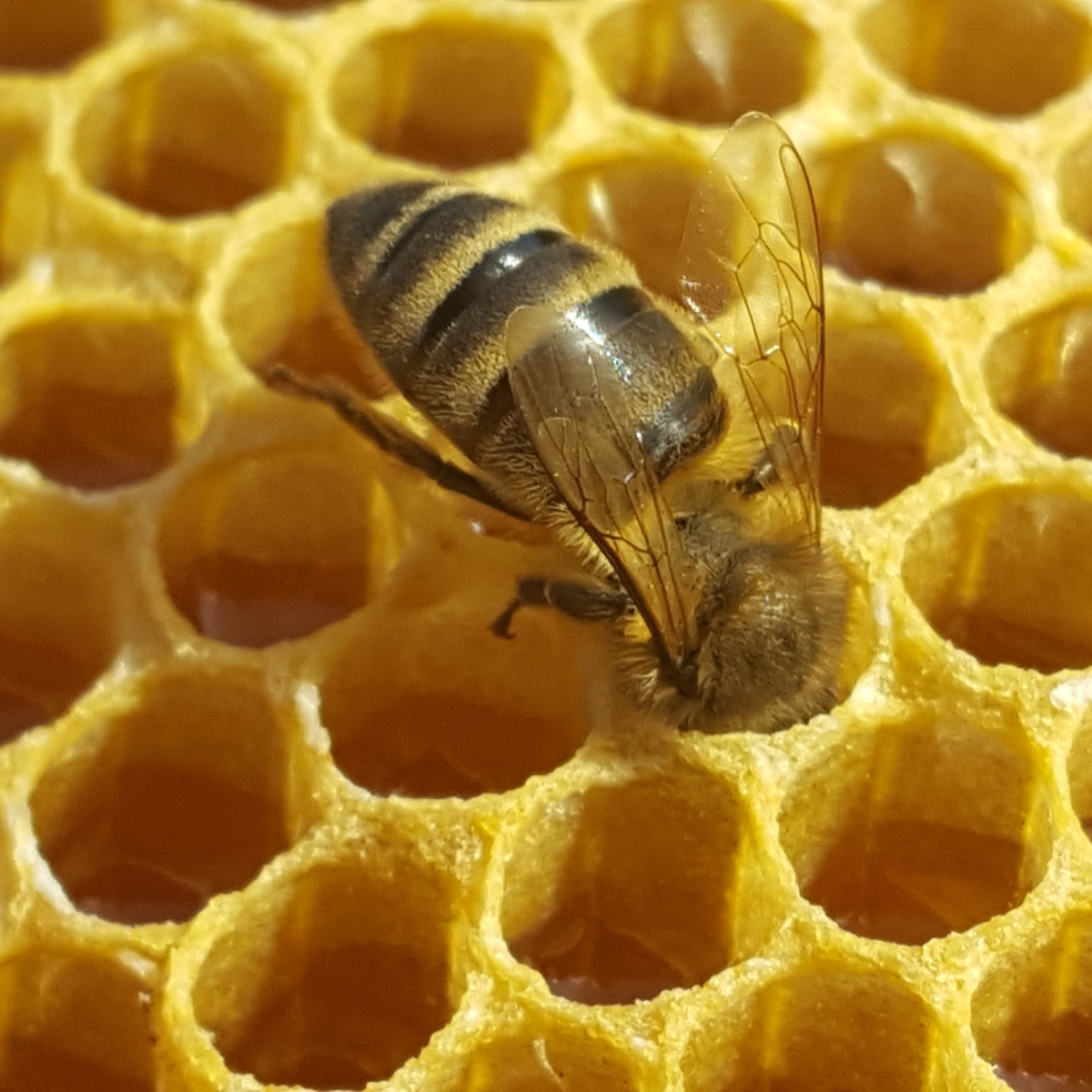
Leave a comment